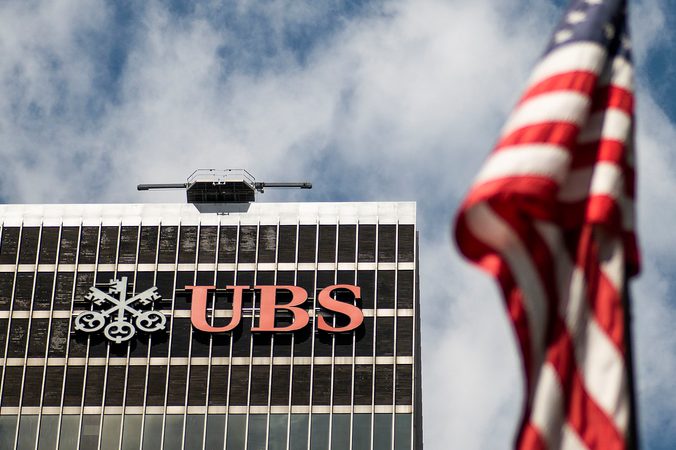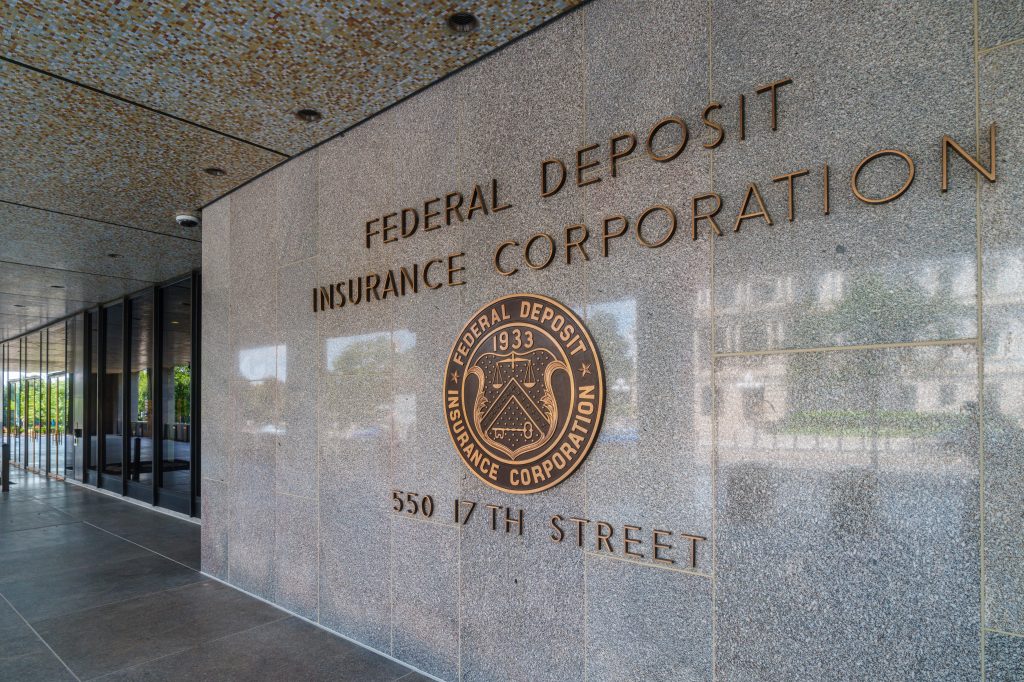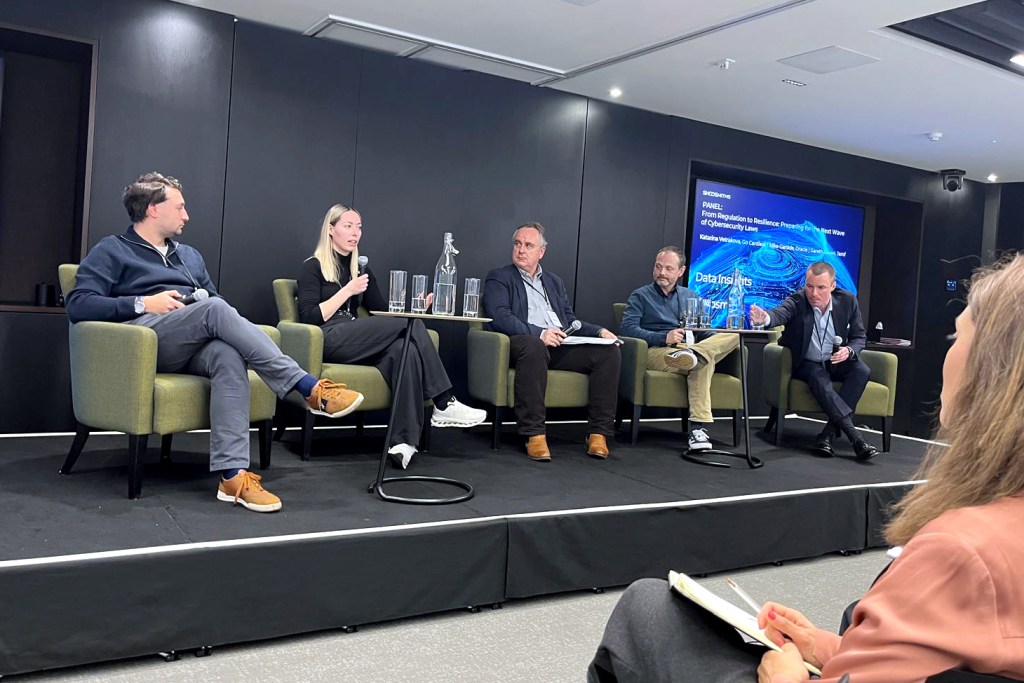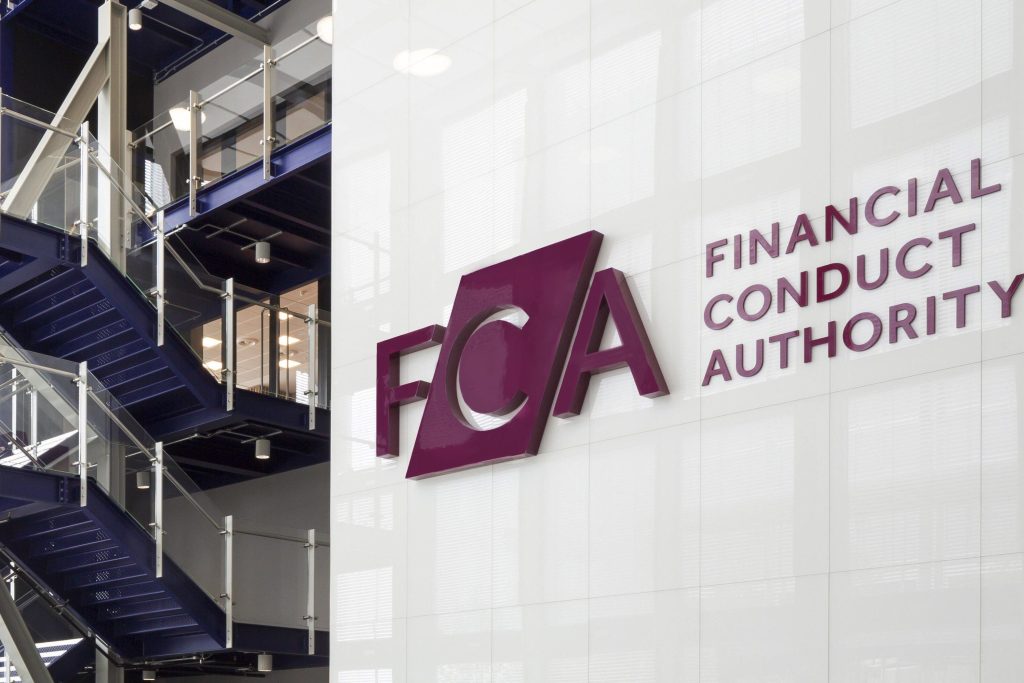The Market Abuse Regulations (MAR) took effect in July 2016. MAR set out strict obligations for the detection and reporting of potential market abuse. The new regulations posed a real compliance challenge for many firms because the surveillance systems they had in place at the time struggled to meet the more stringent regulatory requirements.
The automated surveillance system in place at BGC and GFI was provided by a third party and was poorly suited to the new compliance needs of the firms.
The FCA investigation documented that the system was not adequately maintained, had issues with data ingestion, its functionality declined as additional assets were added, and it failed frequently. To make matters worse, because the system was owned by a third party, the firms could not address any of these issues themselves, but were reliant on the vendor for servicing it.
Lacking surveillance
A decision to replace the system was made by the firms in late 2016. The new system was to be in place by the end of 2017. Unfortunately, as with many complex technology projects, the implementation proved to be more challenging than expected and was delayed by an additional twelve months. The delay was due, in part, to the firms lacking “an understanding of the work required to make the system operational and effective.”
Despite being fully aware of the serious flaws in the legacy system as well as the delay to the new system coming on line, neither firm put in place additional measures to “cover obvious gaps in automated monitoring coverage” and so to mitigate the risk of market abuse.
The manual surveillance during this time was not conducted consistently and was also very limited in terms of the asset classes covered. Voice orders, which constituted about 80% of trades, were not captured nor monitored.
And to compound all of these problems “there were no clearly designated individuals” on the compliance team who were responsible for market abuse surveillance. Senior management at both BGC and GFI was fully appraised of the issues, but did not react as swiftly or decisively as they might have done.
Technological challenges
It is worth noting that the action against the firms is connected to issues following immediately on the coming into force of MAR. In Market Watch 58 the FCA itself recognised the that the new regulations posed significant technological challenges. And the press release announcing the imposition of the fine points out that both BGC and GFI “have since enhanced their systems and controls.”
But this case does illustrate the real need not only for adequate technological compliance solutions, and also for ensuring that the third parties who provide these are both dependable and capable of adapting their systems to changes in regulatory requirements.
It also highlights the importance of having in place an adequately resourced and well organised compliance function, one that is able to help senior management react quickly and decisively where deficiencies in compliance policies, processes and, of course, systems are identified.













